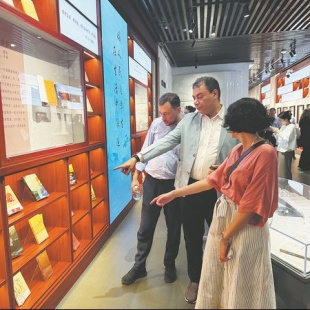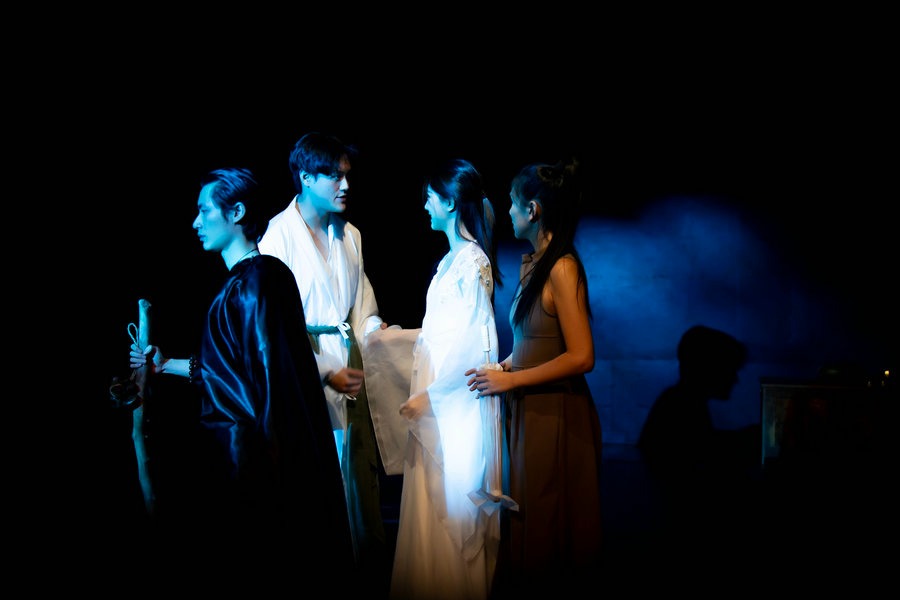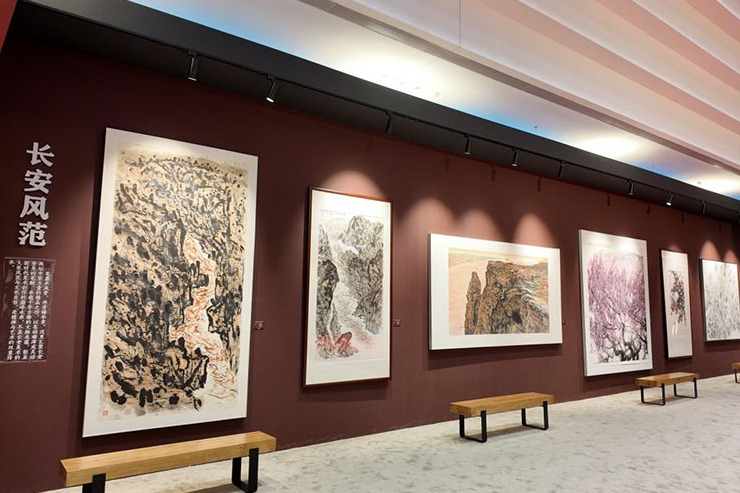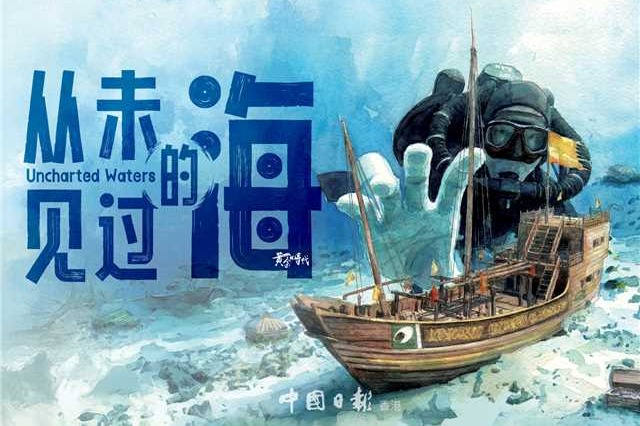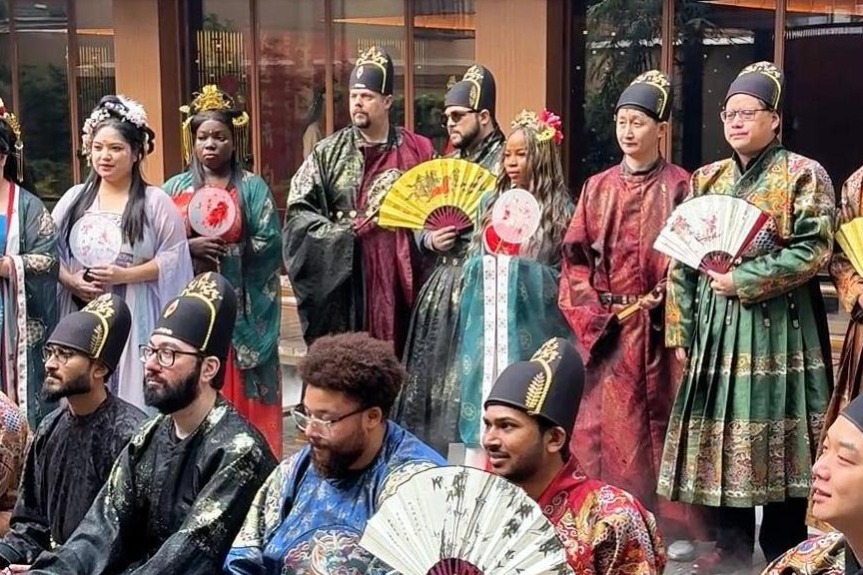Village tells story of literature
Creative presentation of a writer's works is a popular tourist attraction, He Chun and Guo Yanqi report in Changsha.

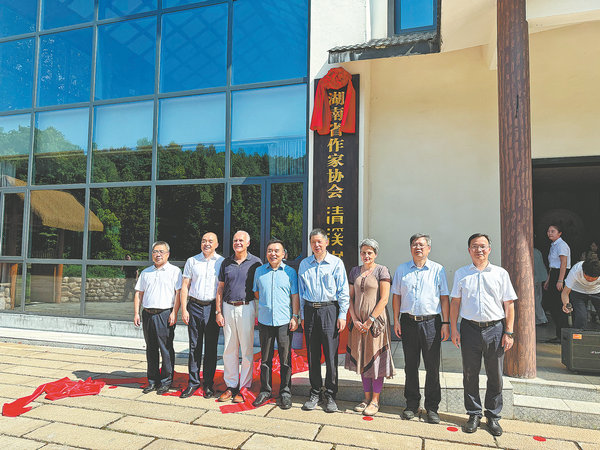
According to Klara, waves of Chinese-to-Hungarian literary translations began in the 1950s, when the first Hungarian exchange students arrived in China and learned about the country. Her teacher was among them and fostered cultural exchanges between the two countries.
At a roundtable held at Yuelu Academy — one of China's oldest and most prestigious institutions of higher education in Hunan province — the scholars shared their insights into how local literature can transcend borders.
Hunan's literary spirit traces its roots from both ancient thinkers and poets to modern reformers. Hunan's culture carries the essence of Confucian culture and integrates global wisdom, says Chinese scholar Tang Haoming.
Spanish Sinologist Gabriel Garcia-Noblejas, a veteran translator of Chinese literature for three decades, highlighted the long-standing cultural ties between China and his country.
"In 1650, Confucian classics were translated into Spanish and treasured by the emperor," he says.
"I have been fascinated by Chinese culture since I was young," he says. "Through translation, I feel connected with people of other cultures."
Chinese literature is thriving internationally through growing translation efforts, he adds.


